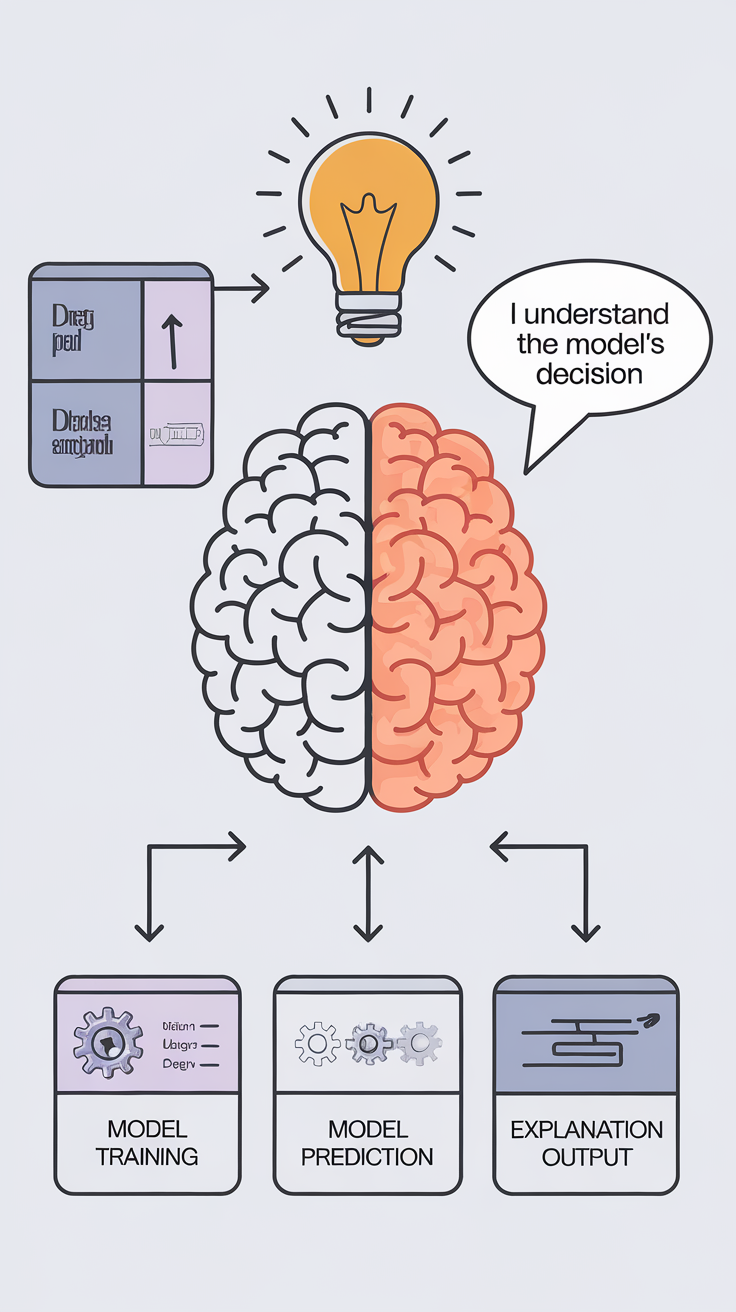The Surprising Benefits of Intermittent Fasting for Weight Loss
Last Updated: July 10, 2025 at 6:00:53 AM UTC
Intermittent fasting has gained popularity in recent years, but what are its actual benefits for weight loss, and how can you incorporate it into your lifestyle?

In the pursuit of weight loss, many of us have tried various diets, exercises, and strategies, but the concept of intermittent fasting has gained significant attention in recent years. While some swear by its benefits, others remain skeptical. So, what's the truth behind intermittent fasting for weight loss?
What Is Intermittent Fasting?
Intermittent fasting (IF) involves restricting your eating window to a specific period, allowing your body to enter a fasting state for a certain duration. There are various methods, including:
- 16:8: Eat during an 8-hour window and fast for the remaining 16 hours.
- 5:2: Eat normally for 5 days and restrict calories to 500-600 on the other 2 days.
- Alternate Day Fasting: Alternate between days of normal eating and days of calorie restriction.
How Does It Help with Weight Loss?
- Increased Fat Burning: When you fast, your body is forced to switch from relying on glucose (sugar) for energy to relying on fat. This leads to increased fat burning and weight loss.
- Reduced Insulin Resistance: Intermittent fasting has been shown to improve insulin sensitivity, reducing the risk of developing type 2 diabetes and metabolic syndrome.
- Improved Autophagy: Autophagy is the process by which your body recycles and removes damaged cells and proteins. IF stimulates autophagy, which can lead to improved overall health and weight loss.
- Reduced Inflammation: Fasting has anti-inflammatory effects, which can help reduce chronic inflammation and promote weight loss.
- Increased Human Growth Hormone (HGH) Production: Fasting has been shown to increase production of HGH, which can help with weight loss and overall health.
Potential Drawbacks and Considerations
- Initial Hunger and Discomfort: It's common to feel hungry and experience some discomfort during the initial stages of IF.
- Social and Lifestyle Challenges: IF can be challenging to maintain, especially during social events or when traveling.
- Nutrient Deficiencies: If not planned properly, IF can lead to nutrient deficiencies, particularly in vitamins and minerals.
- Hormonal Changes: IF can affect hormone levels, including a potential decrease in leptin (the "fullness" hormone) and an increase in ghrelin (the "hunger" hormone).
How to Incorporate Intermittent Fasting into Your Lifestyle
- Start Slow: Begin with a gentle approach, such as a 12-hour fasting window, and gradually increase the duration as your body adapts.
- Listen to Your Body: Pay attention to your body's signals, and adjust your fasting schedule accordingly. If you're feeling weak or experiencing severe hunger, it may be necessary to modify your approach.
- Stay Hydrated: Drink plenty of water during your fasting periods to help reduce hunger and maintain overall health.
- Plan Your Meals: Make sure to eat nutrient-dense foods during your eating window to support overall health and weight loss.
- Consult a Healthcare Professional: If you have any health concerns or are unsure about incorporating IF into your lifestyle, consult with a healthcare professional for personalized guidance.
Conclusion/Key Takeaways
Intermittent fasting is a powerful tool for weight loss, but it's essential to approach it with caution and understanding. By incorporating IF into your lifestyle, you can experience the benefits of increased fat burning, improved insulin sensitivity, and reduced inflammation. However, it's crucial to listen to your body, stay hydrated, and plan your meals to ensure a safe and effective weight loss journey.












